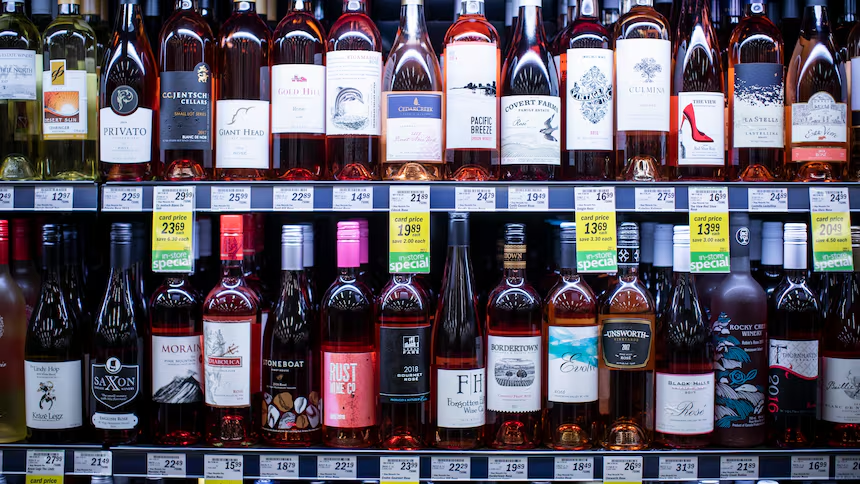Canada’s alcohol producers are expressing growing frustration after provinces and the federal government signed a new agreement to reduce interprovincial trade barriers — but left food and alcohol off the list. The industry, which has long campaigned for free movement of wine, beer, cider and spirits across provincial borders, says the latest deal ignores years of advocacy and comes at a time when brewers and winemakers are already struggling with higher costs and shrinking sales.
The agreement, reached Wednesday, aims to ease restrictions on certain goods moving across Canada. But for brewery owners like Adin Wener of Toronto’s Henderson Brewing Company, the omission of alcohol is a major setback. Wener says many brewers facing U.S. tariffs were hoping to expand into other Canadian markets, only to find those long-standing barriers still firmly in place. He notes that differences in shipping costs, packaging rules and provincial pricing structures make it difficult and expensive to sell alcohol across borders — and by the time products hit shelves, they may already be months old.
Wine industry leaders are equally disappointed. Jeff Guignard, CEO of WineBC, says producers have waited years for meaningful action. While nine provinces and one territory signed a memorandum in July promising to open direct-to-consumer alcohol sales by May 2026, he doubts the commitment will hold. “Nothing is done until it’s done,” he said, stressing that overly complex regulations continue to stall real progress.
Some tensions have even escalated between provinces. B.C. winemakers point to Alberta’s new ad valorem tax, introduced in April, which has made direct shipments to Alberta consumers significantly more expensive. Many producers argue that true free movement of Canadian alcohol should be a national priority — not a distant promise.
Economists say the political roadblocks are deep-rooted. Concordia University lecturer Moshe Lander argues that excluding alcohol simply repeats the pattern that created these barriers in the first place, with each province defending its own carve-outs. He notes that provincially controlled liquor retailers like the LCBO in Ontario and the SAQ in Quebec generate billions in revenue, giving governments little incentive to open their markets to competition. Local wineries, brewers and distillers also provide jobs and tourism benefits that provinces want to protect.
Although industry leaders believe progress is possible, Lander is skeptical that all 14 governments will muster the political will to dismantle the barriers anytime soon. For now, Canadian alcohol producers remain stuck navigating a complicated patchwork of rules — and wondering how much longer they’ll have to wait for a truly national market.

